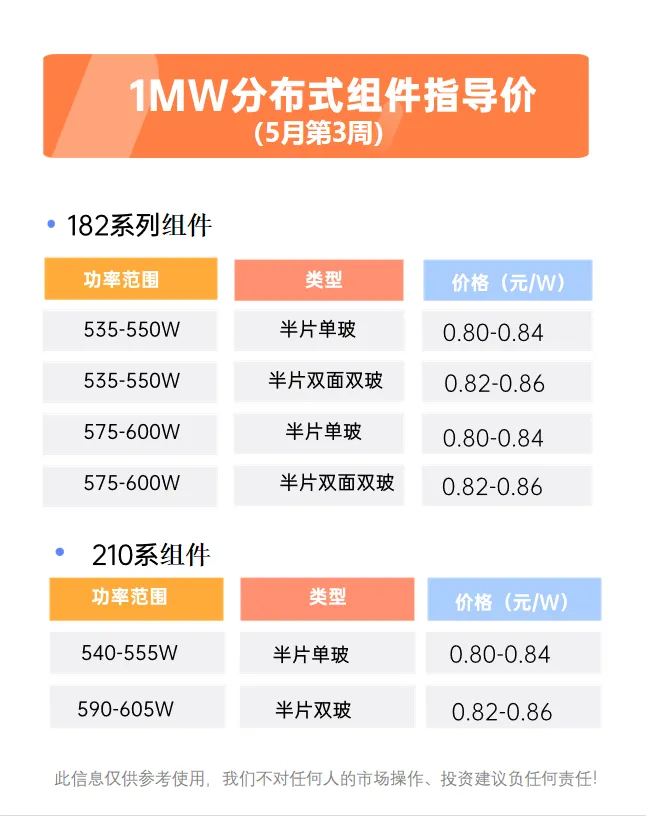Latest Advances in Solar Panel Efficiency and Their Impact on Renewable Energy Solutions
Understanding Current Solar Panel Efficiency
In today's world, where climate change poses a significant threat to our planet, the quest for renewable energy sources has gained unprecedented momentum. Solar energy stands out as a leading player in this green revolution, thanks to its abundance and sustainability. Central to the progress in harnessing solar energy is the efficiency of solar panels, which refers to the amount of sunlight that can be converted into usable electricity. As of 2023, solar panel efficiency has seen remarkable advancements, transforming the way we think about energy production.
What is Solar Panel Efficiency?
Solar panel efficiency is defined as the ratio of the electrical output of a solar panel to the incident solar energy input. This efficiency is usually expressed as a percentage. For instance, if a solar panel receives 1000 watts of sunlight and converts 200 watts into electricity, its efficiency would be 20%. Higher efficiency ratings mean that less space is required to install solar panels while still generating adequate energy. This factor is crucial, especially in urban areas where space is limited.
Recent Advances in Efficiency
Traditionally, the efficiency of commercial solar panels has ranged between 15% and 20%. However, recent technological advancements have pushed the limits. As of 2023, the most efficient commercially available solar panels boast efficiencies exceeding 23%. Factors contributing to this increase include improved materials and designs, such as monocrystalline silicon cells and bifacial panels, which capture sunlight from both sides. Some cutting-edge technologies, like multi-junction solar cells, have even achieved efficiencies above 40% in laboratory settings.
The Role of Innovation
Innovation plays a pivotal role in enhancing solar panel efficiency. Researchers are continually exploring new materials, such as perovskite cells, which have shown great promise in achieving higher efficiencies at a lower cost. Additionally, advancements in manufacturing processes are making it possible to produce solar cells that not only capture more sunlight but are also less expensive to produce. This democratization of solar technology has the potential to make solar energy accessible to a broader audience.
current solar panel efficiency

Implications of Increased Efficiency
The rise in solar panel efficiency carries significant implications for both consumers and the environment. Higher efficiency means that solar panels can produce more energy within a smaller footprint, making them ideal for urban environments where real estate is scarce. This efficiency also translates to lower installation costs per watt, making solar energy more economically viable for homeowners and businesses alike. In essence, more efficient solar panels could accelerate the transition to renewable energy sources, reducing our carbon footprint and reliance on fossil fuels.
Challenges Ahead
Despite these advances, challenges remain in the quest for improved solar panel efficiency. For instance, while laboratory-based solar cells can achieve extraordinary efficiencies, scaling up production while maintaining these levels is still a hurdle. Additionally, issues surrounding energy storage must be addressed. Solar energy production is intermittent—sunlight is not available during the night or on cloudy days—highlighting the need for effective energy storage solutions to ensure a reliable energy supply.
The Future of Solar Panel Efficiency
Looking ahead, the future for solar panel efficiency seems promising. Continued investment in research and development is likely to yield even more efficient technologies. Efforts to make solar energy more accessible and affordable will drive further adoption. Governments around the world are providing incentives for solar energy implementation, recognizing its potential to combat climate change effectively.
In conclusion, as of 2023, solar panel efficiency stands at a critical juncture, with innovations paving the way for a more sustainable energy future. The ongoing improvements in technology not only make solar energy a more attractive option for consumers but also play a crucial role in alleviating environmental concerns. As we march forward, the advancements in solar panel efficiency will undoubtedly be pivotal in shaping the energy landscape for generations to come, fostering a cleaner and more sustainable planet.
-
Unlocking Energy Freedom with the Off Grid Solar InverterNewsJun.06,2025
-
Unlock More Solar Power with a High-Efficiency Bifacial Solar PanelNewsJun.06,2025
-
Power Your Future with High-Efficiency Monocrystalline Solar PanelsNewsJun.06,2025
-
Next-Gen Solar Power Starts with Micro Solar InvertersNewsJun.06,2025
-
Harnessing Peak Efficiency with the On Grid Solar InverterNewsJun.06,2025
-
Discover Unmatched Efficiency with the Latest String Solar InverterNewsJun.06,2025







